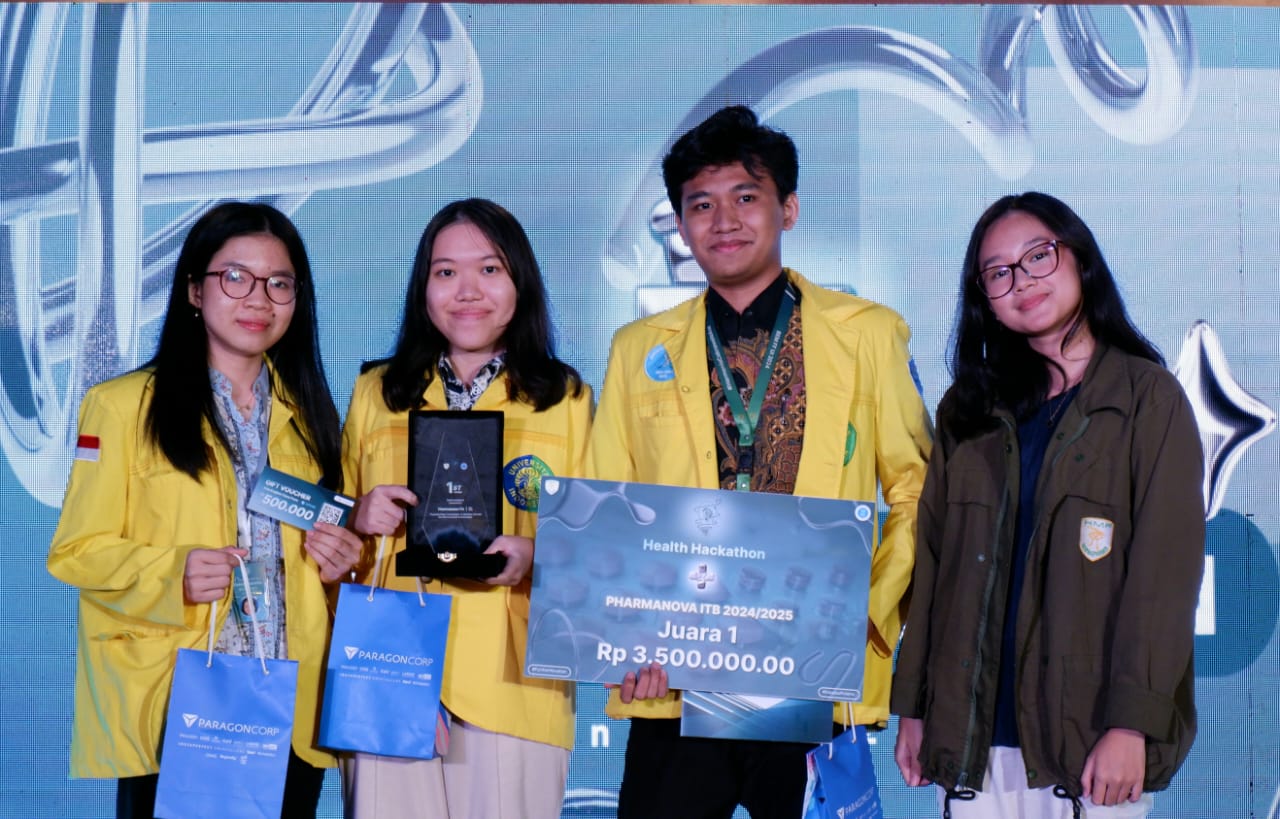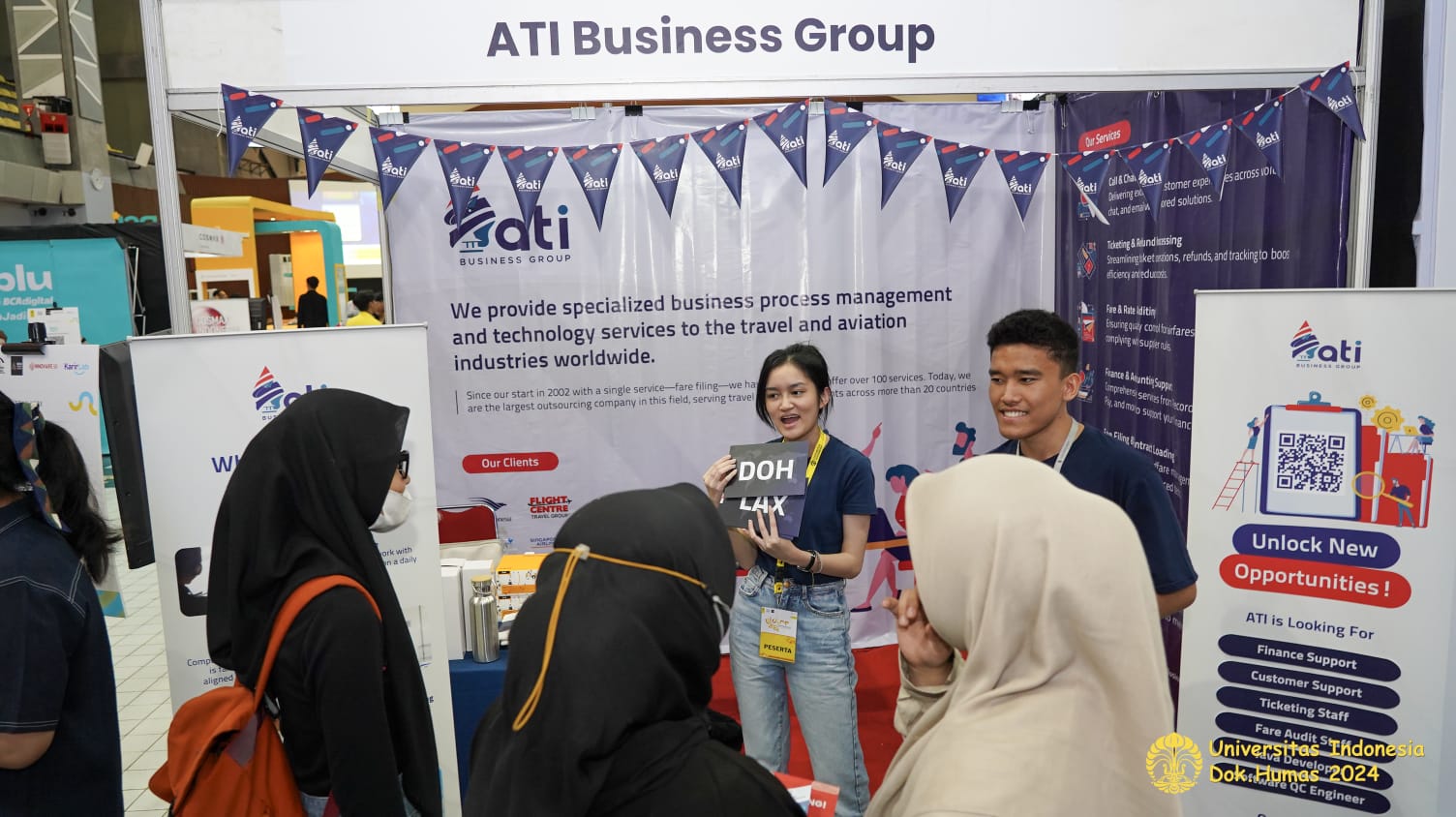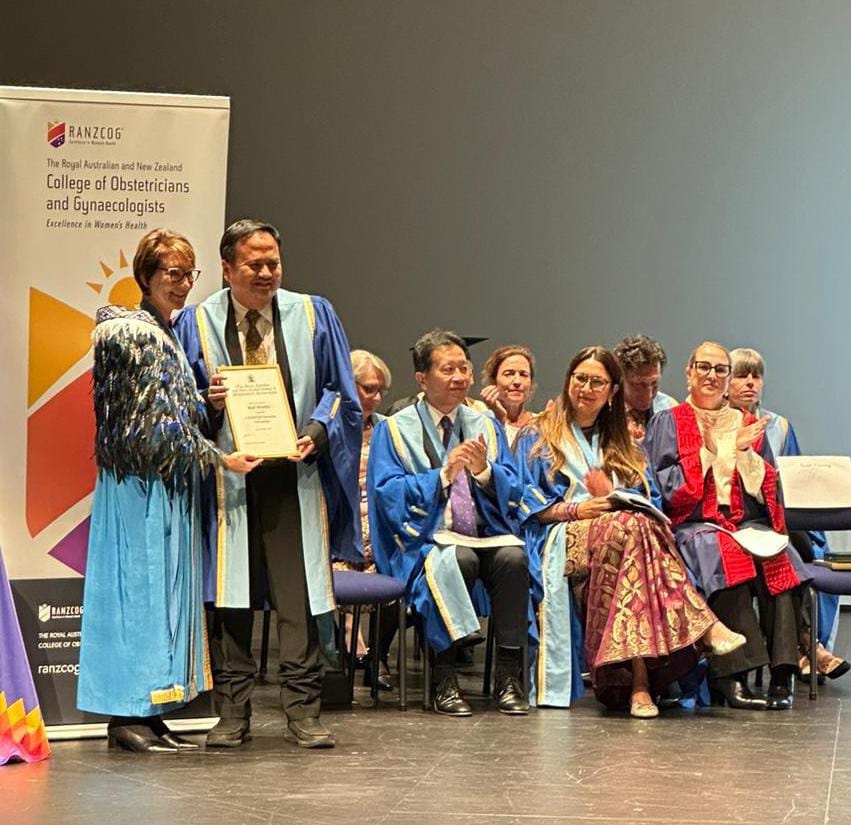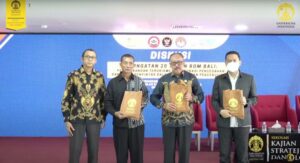
Director of Deradicalization of the National Counterterrorism Agency (BNPT) of the Republic of Indonesia (RI), Prof. Irfan Idris, said that the threat of global terrorism attacks continues to experience the dynamics of involving women and children which is a concerning phenomenon for human life and the continuity of peace. It is hoped that the threat of suicide bombings and bomb attacks in countries in conflict with Indonesia will never happen again. However, it is important to note that many radicalized individuals and groups use religious interpretations to legitimize their anarchism and extremism.
“The development of information and communication technology is one of the factors that needs to be considered in the recruitment of terrorism, especially for the younger generation. This is because the younger generation has high militancy, a long future, and high enthusiasm in carrying out actions according to the will of radical groups,” said Prof. Irfan at a discussion entitled “20th Commemoration of the Bali Bombing: The Development of Terrorism, Collaborative Prevention, and the Role of Survivors in Realizing Peacebuilding“.
The discussion organized by the School of Strategic and Global Studies (SKSG) of the Universitas Indonesia (UI) is open to the public online through the platform Zoom Meeting and Live Youtube, on Thursday (10/20). The discussion invited several speakers, namely Kasubdit Kontra NaratifrectorPrevention Densus 88 Antiterror Polri, AKBP Mayendra Eka Wardhana, S.H., S.I.K., M.Hum., M.K.P.; Deputy Chairman of LPSK, Brig. Gen. Pol. (Ret.) Dr. Achmadi, S.H., M.A.P; Executive Director of Society Against Radicalism and Violent Extremism (SeRVE) Indonesia, Dete Aliah; and survivor of Yayasan Penyintas Indonesia (YPI), Suyanto.
According to the Head of the Terrorism Studies Program, M. Syauqillah, Ph.D., the involvement of survivors is needed in the counter-narrative of the peacebuilding framework. Through the 20th Anniversary of the Bali Bombing, the community is expected to be able to effectively and optimally prevent acts of terrorism. “We can formulate the involvement of survivors in the peacebuildingframework so that the campaign is not only for counter narrative, but also for deradicalization. The involvement of all stakeholders in efforts to prevent acts of terrorism and radicalism can be carried out together and become an important agenda that can be encouraged in paying attention to both sides, both from victims and perpetrators,” said Syauqillah.
Regarding the process of preventing and overcoming extremism from the perspective of Densus 88, AKBP Mayendra Eka Wardhana said that currently the global terrorism index still places Indonesia in the orange zone at the level of 24 countries that are vulnerable to terrorism. However, with better and more professional counter-terrorism measures that prioritize law and human rights, Indonesia is considered as a role model in religious life. In the current era of information and communication technology, social media can be used to provide a perspective in examining the doctrinal paradigm of radicalism or terrorism.
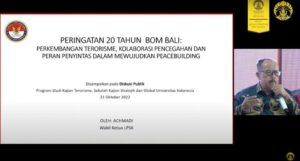
In addition, efforts to provide protection services and sensitivity to victims also need to be considered. Brig. Pol. (Ret.) Dr. Achmadi said that community sensitivity must be built in making efforts to improve the quality of life through various collaborations. Thus, the rights of victims, especially in the social context, can be fulfilled. In realizing peacebuilding, cooperation and support from various stakeholders are important to create a harmonious, synergistic, and sustainable relationship or situation.
As a survivors representative, Suyanto shared his experience after being a victim of the Bali Bombing tragedy. According to him, the tragedy not only affected him, but also his family. He also suffered physical, psychological and economic losses. Suyanto is grateful that the government provides assistance in the form of physical recovery and psychological assistance in the form of support from the surroundings. He and his colleagues eventually formed the Indonesian Survivors Foundation (YPI) to campaign for the prevention of radicalism.
The discussion on prevention collaboration and the role of survivors in terrorism prevention efforts organized by SKSG UI is important so that similar events (Bali Bombing) do not happen again. Dete Aliah said that terrorism has many impacts on victims, both directly and indirectly. “The cooperation of various stakeholders is expected to prevent new strategies, especially those that use violence from individuals and groups of radicalism or terrorism,” said Dete Aliah.

